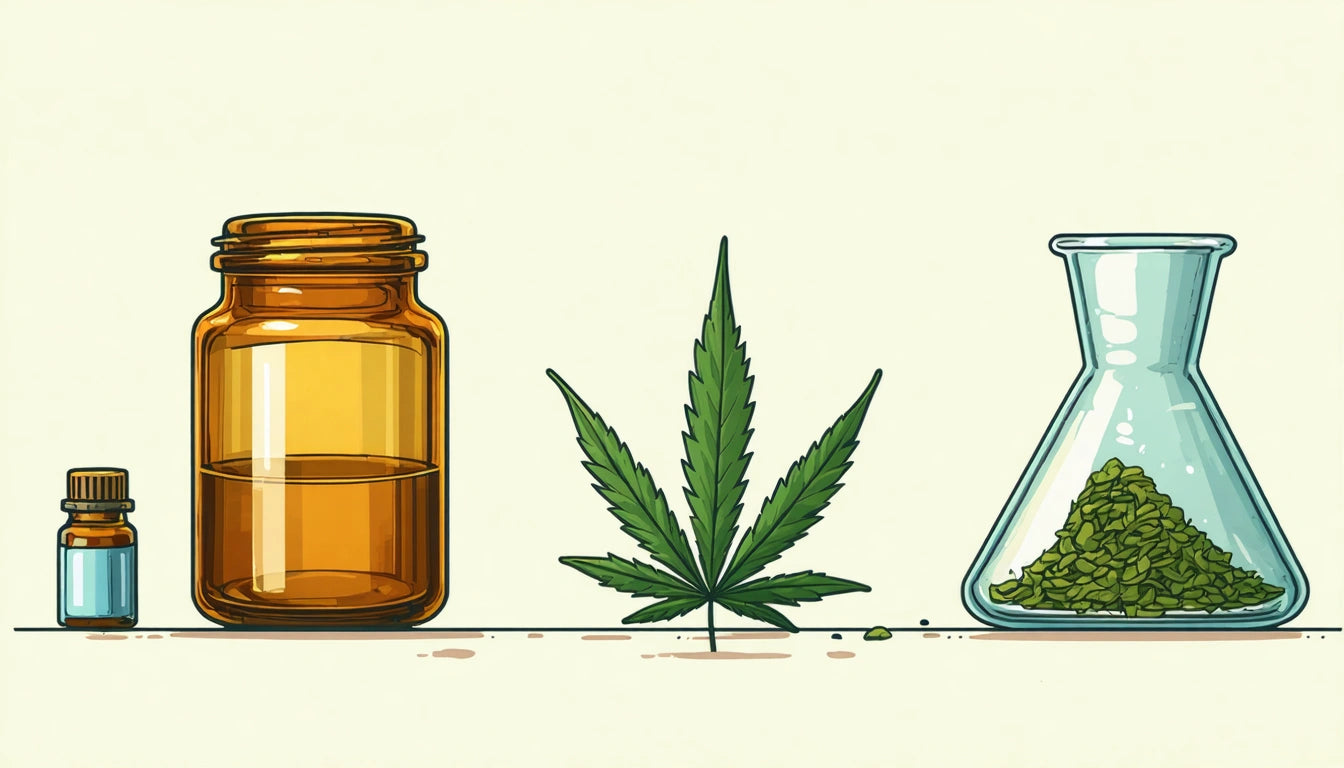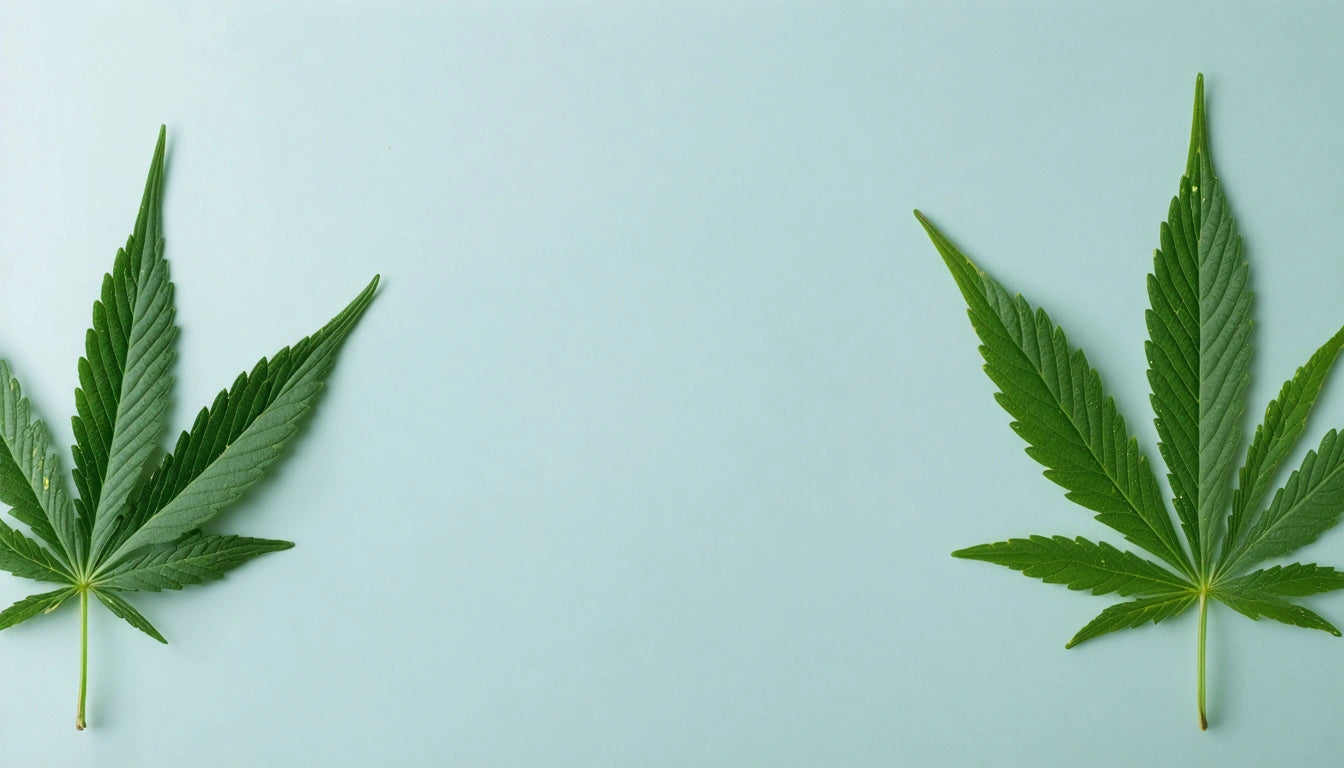Booze or Weed: Which Is Worse for Your Health?
The debate over whether alcohol or cannabis poses greater health risks continues to evolve as research expands and social attitudes shift. Understanding the comparative health effects of these substances requires examining multiple factors, from immediate physiological impacts to long-term health consequences. This evidence-based analysis explores which substance might be more concerning from a health perspective.
Immediate Effects on Body and Mind
Alcohol and cannabis affect the body through different mechanisms. Alcohol, a central nervous system depressant, works by enhancing the effects of the inhibitory neurotransmitter GABA. Cannabis, meanwhile, interacts primarily with the body's endocannabinoid system through compounds like THC and CBD.
Alcohol's Short-Term Effects
Alcohol consumption leads to impaired coordination, slurred speech, and reduced reaction time. At higher doses, it can cause vomiting, loss of consciousness, and in extreme cases, alcohol poisoning that can be fatal. The CDC reports approximately 2,200 alcohol poisoning deaths annually in the United States.
Cannabis Short-Term Effects
Cannabis typically causes altered sensory perception, mild euphoria, and increased appetite. Negative effects can include anxiety, paranoia, and impaired short-term memory. Unlike alcohol, there are no documented cases of fatal overdose from cannabis alone, as this comparison of alcohol vs. weed health effects highlights.
Long-Term Health Impacts
The chronic use of either substance presents distinct health concerns, though research consistently shows more severe outcomes associated with long-term alcohol consumption.
Alcohol's Chronic Health Effects
- Liver disease (cirrhosis, hepatitis)
- Cardiovascular problems (hypertension, cardiomyopathy)
- Increased cancer risk (mouth, throat, esophagus, liver, breast)
- Neurological damage and cognitive decline
- Weakened immune system
The World Health Organization attributes approximately 3 million deaths globally each year to harmful alcohol use.
Cannabis Long-Term Concerns
- Respiratory issues (when smoked)
- Potential cognitive effects with heavy adolescent use
- Cyclical vomiting syndrome in some users
- Possible amotivational syndrome
For cannabis flower users concerned about proper storage and preservation of their products, humidity control solutions can help maintain optimal moisture levels and prevent degradation of cannabinoids and terpenes over time.
Addiction Potential and Withdrawal
Comparing the addictive properties of alcohol and cannabis reveals significant differences in dependency risk and withdrawal severity.
Alcohol Dependency
Alcohol has high addiction potential, with approximately 14.5 million Americans suffering from Alcohol Use Disorder. Alcohol withdrawal can be life-threatening, causing symptoms ranging from tremors and anxiety to seizures and delirium tremens, requiring medical supervision during detoxification.
Cannabis Dependency
Cannabis Use Disorder affects roughly 9% of users, with milder withdrawal symptoms including irritability, sleep disturbances, decreased appetite, and restlessness. As explored in this analysis of effects and addictiveness, cannabis withdrawal is typically less severe and not life-threatening.
Mental Health Considerations
Both substances interact with mental health in complex ways, potentially exacerbating existing conditions or contributing to new ones.
Alcohol and Mental Health
Long-term alcohol use is associated with increased rates of depression, anxiety disorders, and suicide risk. The relationship is bidirectional, with mental health issues often leading to increased drinking as a coping mechanism, creating a harmful cycle.
Cannabis and Mental Health
Cannabis shows a more complex relationship with mental health. For some, it may help manage symptoms of anxiety, PTSD, or depression. However, it may increase psychosis risk in vulnerable individuals, particularly with high-THC products. Early onset use in adolescents correlates with higher rates of mental health issues later in life.
Social and Behavioral Impacts
The influence of these substances extends beyond physical health to behavior and social functioning.
Alcohol-Related Behaviors
Alcohol is strongly associated with aggressive behavior and violence. According to the National Council on Alcoholism and Drug Dependence, alcohol is involved in 40% of violent crimes. Impaired judgment from alcohol consumption also contributes to risky sexual behavior and increased accident rates.
Cannabis-Related Behaviors
Cannabis typically does not induce aggressive behavior. Users more commonly experience passivity or social withdrawal. While driving under the influence of either substance is dangerous, research comparing alcohol and cannabis harm suggests alcohol poses a greater risk for serious traffic accidents.
Making Informed Health Choices
When considering booze or weed and which is worse for health, the evidence suggests alcohol generally poses more significant health risks across most measures. However, individual factors matter significantly.
Neither substance is without risk, and effects vary based on:
- Frequency and quantity of use
- Method of consumption
- Individual health factors and genetic predispositions
- Age of first use and developmental stage
- Concurrent use of other substances
For those who choose to use cannabis, understanding proper storage using appropriate packaging solutions can help maintain product integrity and potentially reduce certain health risks associated with degraded product.
The healthiest choice remains moderation with either substance, or abstinence for those with specific health concerns, family history of addiction, or other risk factors. As research continues to evolve, our understanding of the comparative health impacts will likely become even more nuanced.











Leave a comment
All comments are moderated before being published.
This site is protected by hCaptcha and the hCaptcha Privacy Policy and Terms of Service apply.